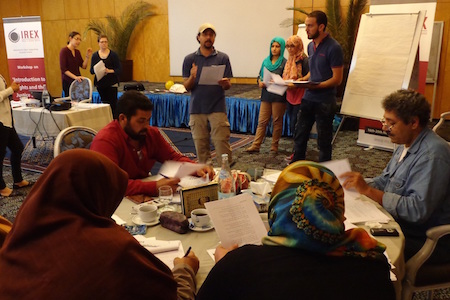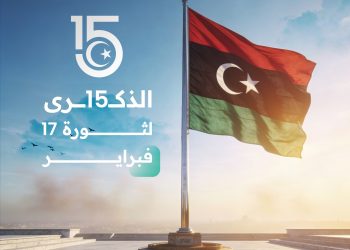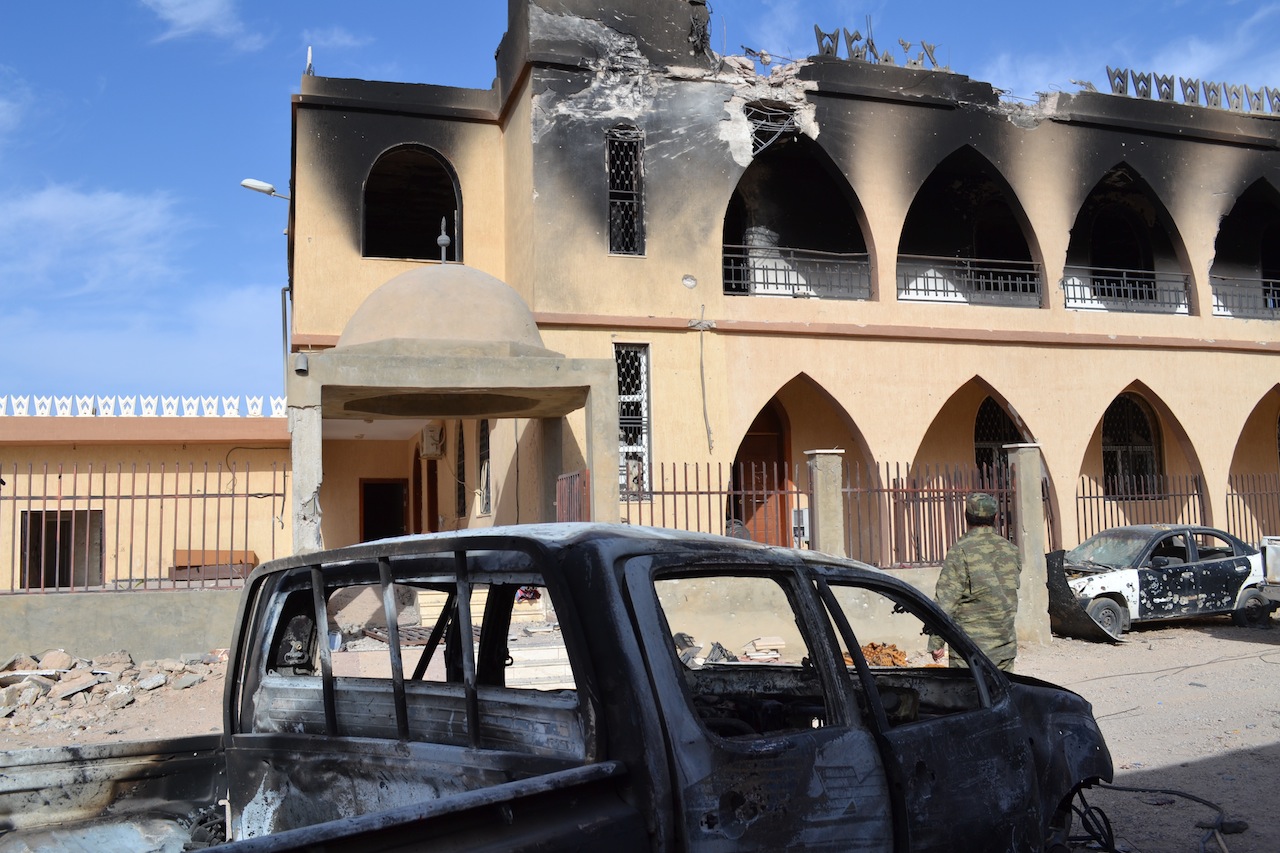By Ashraf Abdul Wahab.

Djerba, 19 November 2014:
A number of Libyan civil society activists were in Djerba this week to look at ways . . .[restrict]of supporting inclusive justice processes in the country. In a workshop provided by the International Research and Exchanges Board (IREX), participants learned about the functions of the Libyan justice systems and discussed how those who are marginalised experience justice.
For most Libyans, the formal provision of justice and security has stalled with the current political crisis. Even before that, there was little sign of conflicts being resolved through the courts. Additionally, both the courts and the Ministry of Justice was struggling to overcome the legacy of distrust inherited from the Qaddafi regime and to develop their capacity to deliver equal, efficient, and transparent justice for all Libyans.
Legal Expert Mohamed Al-Kilani, one of the workshop facilitators, explained the legal framework of the Libyan justice sector, the pressures upon justice personnel, and ongoing reform efforts.
“The justice sector in Libya is almost non-existent and the reason for that is the heavy corruption it went through under Qaddafi’s regime. We must deal with the aftermath of years of corruption by directly implementing changes. Workshops and gatherings such as this will properly train Libyan activists and CSOs with the necessary tools to make changes little by little. With time, traces of the previous influence will disappear.”
It was reinforced with participants on the course that the effectiveness of a justice sector begins with its legal framework. They also examined how justice sector operations, access to justice factors and social practices affect the ability of individuals to pursue justice. IREX’s hope is that when returning to engage with their communities as well as justice sector personnel, the participants will be able to put forward justice reform recommendations and also implement small projects to support women and minority rights.
“We lived 42 years without human rights,” said Huda El-Ghali, a Libyan CSO activist working on women’s rights. “People don’t know what their rights are and this creates problems in implementing equality and justice in Libya. As CSOs, we need training. It’s our responsibility to learn this information and help advocate and reinforce these rights.”
[/restrict]









